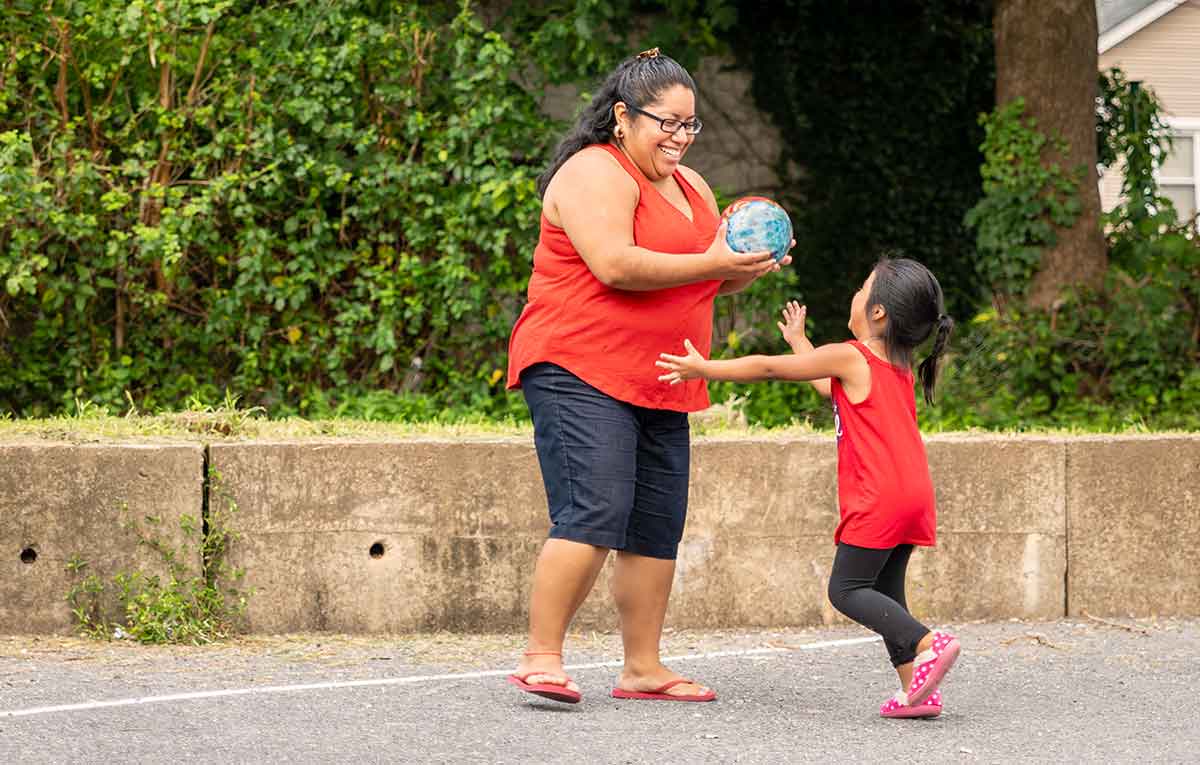The Death of a Parent May Cause Problems for the Young Child
With children in single-parent homes whose parent had died in their first three years, one may particularly observe the combination of three factors: (1) lowered self-esteem, (2) difficulty in mastering aggression and (3) struggles in integrating a helpful conscience. Although each of these is an extremely complex issue, deriving from many sources, it is possible to observe and perhaps understand how these three problems relate to one another.
Lowered self-esteem may manifest itself earliest. One views it in a lack of adequate pleasure in accomplishments and in a tendency to having one’s feelings hurt too easily.
Difficulty in mastering aggression appears next in exaggerated anger flaring up in response to what might otherwise be minor hurts to the feelings. Then, as a latency starts and a conscience begins to become integrated into the personality, more externalizations become appropriate to this age.
All children experience some difficulty in learning to listen to the “inner voice” of the new conscience, which tends to set higher standards than the child can meet. Young school children often avoid this unfamiliar, painful conflict by attributing the demands of conscience and its punitive role to the outside world, for example, to the school principal who is viewed as an ogre or to the people who are perceived as excessively strict.
With the single-parent child, however, these developmental manifestations are greatly exaggerated and not easily outgrown. There is an increased need to provoke, to get punishment from without, because the child unconsciously prefers it to the threats, reproaches and punishments meted out by the conscience, which is much too harsh.
It is hypothesized that the lowered self-esteem comes from inadequate supplies of love, from missing out on that extra source of love from without that may be available with two parents present. A deficiency of that love inside, a love that should be self-protecting, may mean a deficiency of the love that can tame the aggression all must struggle to master.
Enough love helps the toddler to fuse anger, to modulate and tone down its harsh destructiveness for the sake of loving. Likewise, love helps the preschooler to neutralize aggression, to transform its energy into zest and to invest it in activities that will serve constructive ends.
When there is not enough inside love, these important steps in personality development are impeded. When this anger, which has remained too harsh and too unmodified, later fuels the developing conscience, it accounts for part of the child’s trouble with integrating such a conscience and learning to live with it.

